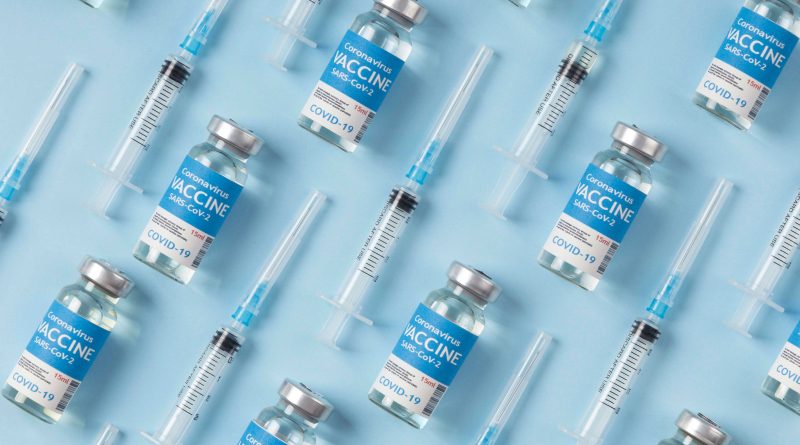Beyond the Headlines
ear Readers,
In recent times, the medical fraternity and the wider public have been jolted by two profoundly distressing incidents that have not only shaken our collective trust but also underscored the imperative for introspection and reform within the system. The first of these incidents pertains to the ongoing investigation into the Pune Porsche crash, a case where Dr Ajay Taware, the head of the hospital’s forensic medicine department, stands accused of perpetrating a grievous act of tampering by allegedly switching the blood samples of the minor involved.
Similarly disconcerting is the tragic incident that unfolded at a baby care hospital in Delhi, resulting in the loss of seven precious newborn lives and inflicting severe burns upon five others. As authorities continue to piece together the events leading up to this devastating fire, a complex web of intersecting interests and vested powers has come to light, shedding glaring light on the rampant nexus of politics, power, and profit. While arrests have been made in connection with this tragedy, the quest for accountability and justice remains ongoing, as we collectively strive to address the systemic failures and oversights that may have precipitated such a catastrophic event.
However, amidst these sombre developments, it is imperative that we resist the temptation to succumb to sweeping generalisations or condemnations of the medical profession as a whole. While acknowledging the egregious moral and administrative lapses that have occurred in these isolated instances, we must not lose sight of the countless dedicated healthcare professionals who tirelessly uphold the highest standards of ethics and professionalism in their practice.
It is true that doctors can be accused of medical negligence, which represents a departure from the universally recognised standard of reasonable medical care, wherein practitioners are duty-bound to prioritise the well-being and best interests of their patients above all else. Although doctors cannot always save their patients’ lives, they are expected to use their special knowledge and skill appropriately, keeping the patient’s best interest in mind. Doctors should conduct necessary investigations and obtain the patient’s informed consent before any major treatment or surgical procedure unless it is an emergency. Failure to fulfill these obligations results in tortious liability. A tort is a civil wrong, as opposed to a contractual obligation, and attracts judicial intervention by awarding damages. Therefore, a patient’s right to receive medical attention is a civil right, shaped by informed consent, fee payment, and treatment provision, yet retaining essential elements of tort.
Turning our attention to the contents of our latest issue, the cover story delves into the domain of vaccines, exploring the nuanced debates and considerations surrounding their efficacy, safety, and deployment. In an era marked by unprecedented scientific advancement and technological innovation, the discourse surrounding vaccines has never been more pertinent or polarising. Yet, amidst the cacophony of voices and opinions, it is crucial that we foster an environment of informed dialogue and critical thinking, wherein individuals are empowered to weigh the potential risks and benefits of vaccination based on credible scientific evidence rather than anecdotal conjecture or unfounded scepticism.
Additionally, this issue features an in-depth exploration of hypertension, a silent yet insidious health condition that afflicts millions worldwide. Despite its often asymptomatic nature, hypertension poses a significant threat to individual well-being, contributing to a myriad of life-threatening complications including heart disease, stroke, and kidney failure. Through a comprehensive examination of the latest research and treatment modalities, we aim to shed light on the importance of early detection, prevention, and management of this prevalent yet often overlooked condition.
Furthermore, our coverage extends to the pressing issue of antibiotic resistance (AR), a global health crisis with far-reaching implications for public health and safety. As bacteria continue to evolve and adapt in response to the overuse and misuse of antibiotics, the efficacy of these life-saving medications is increasingly being called into question. In order to effectively combat this burgeoning threat, it is imperative that we adopt a multifaceted approach that encompasses not only the development of novel therapeutics and treatment modalities but also enhanced surveillance, stewardship, and public awareness efforts.
In closing, we invite you to embark on a journey of discovery and enlightenment as you go through the diverse array of articles and features contained within the pages of our May issue. From cutting-edge research to thought-provoking commentary, we are confident that you will find much to stimulate your intellect and nourish your curiosity.
Happy Reading
Thanks and regards
Amresh K Tiwary,
Editor-in-Chief

